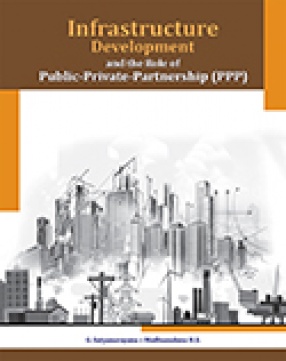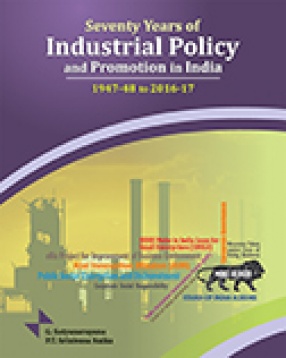
G. Satyanarayana

Showing all 7 books


Infrastructure is generally defined as the physical framework of facilities through which goods and services are provided to the public. Its linkages to the economy are multiple and complex, because it affects production and consumption directly, creates positive and negative spillover effects (externalities), and involves large flows of expenditure. Generically, it has the following distinct components: (a) energy (electricity, coal, petroleum and natural gas, ...

The industrial environment in India during 1947-80 was characterised by strong centralised planning, Government ownership of basic and key industries, excessive regulation and control of private enterprise, trade protectionism-through tariff and non-tariff barriers-and a cautious and selective approach towards foreign capital. It was a quota, permit and license regime guided and controlled by a bureaucracy trained in colonial style. Domestic competition was ...


Focussed on the rehabilitation and resettlement process of Ramgundam Super Thermal Power Station in Karimnagar district of Andhra Pradesh, the book assesses the socio-economic and demographic impact of the land acquisition on the people. It should be of interest to all those engaged in the management as well as study of projects involving displacement and rehabilitation.

This study is an attempt to evaluate the voluntary efforts being done in rural India in organising the marginalized weaker sections of the society for their development and liberation. The main focus is on the ole of NGOs, also called 'Third Sector' (the other two sectors being government and business), which has been gaining increasing importance in the development of the underprivileged. International development agencies such as the World Bank, the IMF etc., ...

Globalisation is widely seen as the most important factor that could influence economies of nations the world over in the new millennium. The rapid advancement in information technology and communications has made it not just possible but absolutely essential for industry the world over to adapt or fall by the wayside. The most important aspects of economic globalisation are: Breaking down of national barriers; International spread of trade, financial and ...
